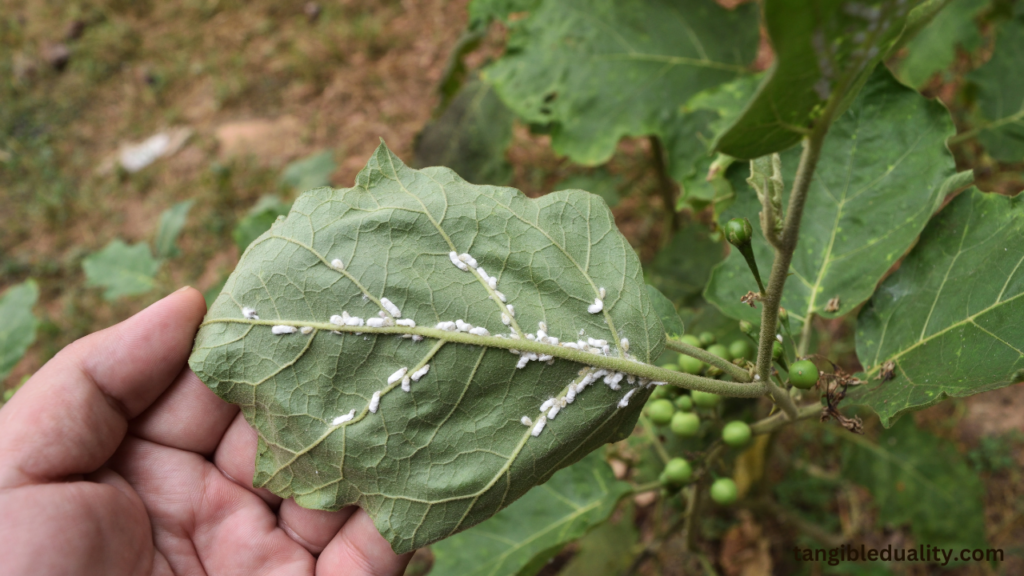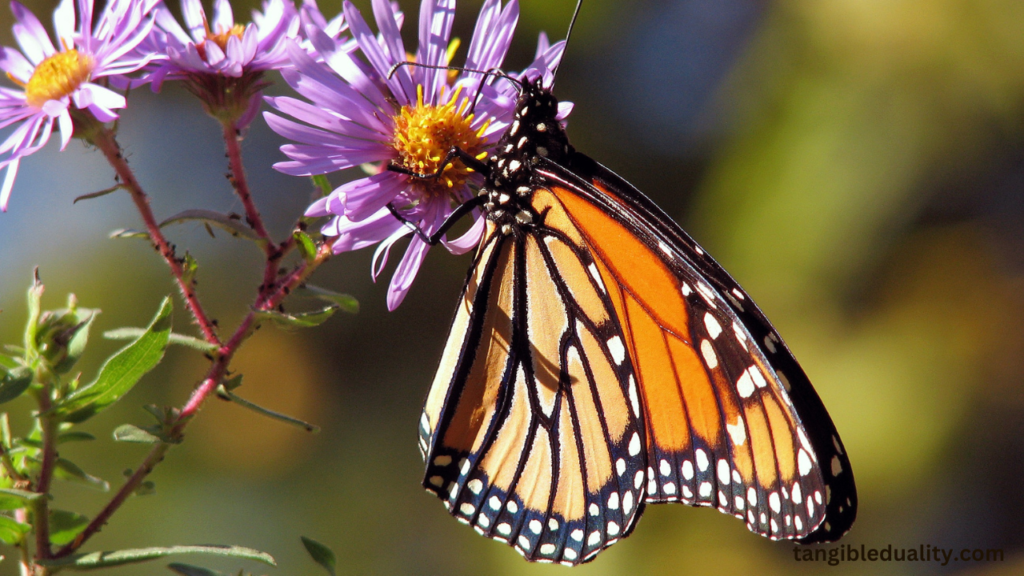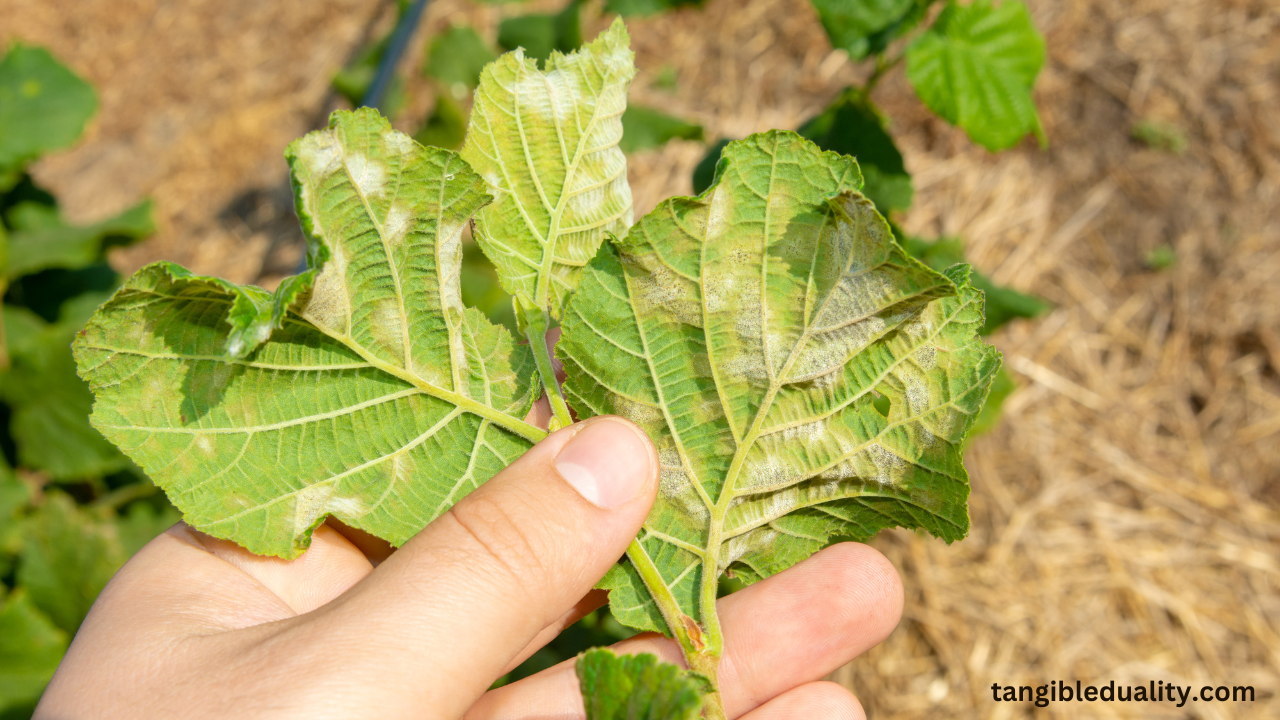Houseplants can bring so much joy and beauty into our homes, but they can also attract unwanted guests in the form of bugs. Dealing with pests on your houseplants can be frustrating, especially if you prefer to avoid using chemical sprays and insecticides.
Fortunately, there are plenty of natural remedies that can help eliminate bugs from your beloved greenery. In this article, we will explore some of the best natural ways to get rid of bugs from your houseplants. From creating homemade insecticidal soaps to introducing beneficial insects into your home, several effective methods can help you maintain a pest-free indoor garden.
Not only are natural insect control methods safer for you and your family, but they are also better for the environment. By utilizing natural remedies, you can keep your houseplants healthy and thriving without introducing harmful chemicals into your living space.
So if you’re tired of battling bugs on your houseplants, keep reading to discover the best natural ways to eliminate pests and keep your indoor garden looking its best.
Houseplants add beauty and freshness to any indoor space, but they can also attract bugs that can damage your beloved plants. Identifying and getting rid of these pesky pests is essential to ensure the health and vitality of your indoor garden.
In this article, we will explore the best natural ways to eliminate bugs from houseplants, along with expert tips to prevent infestations and keep your plants thriving.

How to Identify Houseplant Pests
Spotting bugs on your indoor plants can be a challenging task, especially since some pests are tiny and well-camouflaged. Keep an eye out for any unusual spots or movement on your plant leaves, and inspect the stems and soil closely for signs of infestation.
Common houseplant pests to watch out for include aphids, spider mites, mealybugs, and fungus gnats.
Identifying signs of an insect infestation early on is crucial to prevent the spread of bugs to other plants in your collection. Look for stunted growth, yellowing leaves, webbing, or sticky residue on plant surfaces, as these are all indicators of a pest problem.
Effective Remedies for Getting Rid of Bugs on Plants
Natural sprays are a popular choice for eliminating bugs on houseplants without resorting to harsh chemicals that can harm your plants and the environment. You can create a homemade insecticidal spray using ingredients like neem oil, garlic, or hot pepper to kill bugs on contact.
Neem oil, in particular, is a natural insecticide that is safe to use on indoor plants. It disrupts the feeding and reproductive cycles of pests, making it an effective solution for combating a wide range of houseplant pests.
Preventative measures are also crucial in keeping bugs away from indoor plants. Regularly inspect your plants for any signs of pests, avoid overwatering to prevent moist soil conditions that attract bugs, and maintain proper ventilation to discourage infestations.
Dealing with Specific Houseplant Pests
Treating fungus gnats in your houseplant soil can be challenging, as these pesky insects thrive in moist conditions. To combat fungus gnats, allow the top layer of soil to dry out between waterings and consider using yellow sticky traps to capture adult gnats.
Spider mites are tiny pests that can wreak havoc on your indoor plants, causing stippling and webbing on the leaves. Combatting spider mites involves spraying your plants with a mixture of water and mild soap to suffocate the pests and reduce their numbers.
Eradicating aphids from your houseplant leaves is essential to prevent these soft-bodied bugs from sucking the sap and nutrients out of your plants. Wash your plants with a gentle soap solution or spray them with neem oil to get rid of aphids effectively.

Tips for Preventing Bug Infestations in New Houseplants
When bringing new plants into your home, it’s important to implement quarantine procedures to avoid introducing pests to your existing collection. Keep new plants isolated for a few weeks and monitor them closely for any signs of infestation before integrating them with your other plants.
Proper watering techniques are key to preventing bugs in houseplants. Overwatering can lead to moist soil conditions that attract pests, so be sure to water your plants only when the top inch of soil is dry to the touch. Additionally, avoid allowing water to accumulate in saucers or pots, as this can create a breeding ground for insects.
Before purchasing new houseplants, always perform a thorough inspection to check for signs of pests or diseases. Look under the leaves, along the stems, and gently run your fingers through the plant’s soil to ensure that you are not bringing home any unwanted visitors.
Natural Ways to Keep Bugs Away from Indoor Plants
Using natural remedies like cinnamon or essential oils can help deter pests from infesting your indoor plants. Sprinkle cinnamon powder around the base of your plants or create a DIY insecticidal spray using ingredients like peppermint or rosemary oil to repel bugs effectively.
Maintaining plant hygiene is essential in preventing bug outbreaks. Regularly clean your plant leaves to remove dust and debris that can harbor pests, and prune any infected or damaged foliage to prevent the spread of bugs to healthy parts of the plant.
By following these expert tips and incorporating natural methods to eliminate bugs from your houseplants, you can ensure a healthy and thriving indoor garden free from pesky invaders.
Conclusion
A form of pest management that is both successful and kind to the environment is one that makes use of natural means to get rid of insects that are found on houseplants. If you incorporate these practices into your routine for caring for plants, you will be able to keep your indoor garden in good health without having to resort to using harsh chemicals.
To prevent future pest problems, it is important to remember to perform frequent inspections of your plants to look for symptoms of infestation, to maintain a high level of sanitation, and to give the best possible growing conditions.
You will be able to enjoy thriving houseplants without having to worry about unwelcome guests if you are patient and diligent.
FAQs
Q: How can I effectively eliminate bugs from my houseplants using natural remedies?
A: You can create a natural pesticide by mixing water with some household ingredients like vinegar or neem oil in a spray bottle. Regularly spray this mixture onto your plants to get rid of plant pests.
Q: What should I do if I notice bugs on my indoor plants?
A: If you spot bugs on your indoor plants, carefully check your plants for signs of pests and try to get rid of them for good using natural methods or commercial insecticidal soap.
Q: How can I prevent bugs from infesting my new houseplants?
A: Before buying houseplants, inspect them thoroughly to ensure they are pest-free. Quarantine new plants for a few weeks to check for any signs of bugs before introducing them to your other plants.
Q: Should I repot my houseplants if I find bugs in the soil?
A: If you find bugs in your houseplant soil, you may need to repot the plant into fresh soil to get rid of the pests. Be careful when transferring the plant to avoid spreading the bugs.
Q: How often should I water my houseplants to prevent bugs?
A: Overwatering your plants can attract bugs, so it’s important to water your potted plants only when the top inch of soil is dry. Always ensure proper drainage to avoid creating a breeding ground for pests.
Q: Can bugs on indoor plants cause damage to the plant itself?
A: Yes, bugs on indoor plants can cause plant stress, yellowing of leaves, and even damage to the plant. It’s essential to address any pest infestations promptly to protect the health of your houseplants.
Q: Is it safe to use fruit juices straight from the plant to create natural remedies for bugs on plants?
A: While some fruit juices like lemon or orange can be effective in repelling bugs, it’s best to dilute them with water before applying to your plants. Using undiluted juices may harm the plants due to their acidic nature.
Frequently Asked Questions about Eliminating Bugs from Houseplants
Q: How can I effectively eliminate bugs from my houseplants using natural remedies?
A: You can create a natural pesticide by mixing water with some household ingredients like vinegar or neem oil in a spray bottle. Regularly spray this mixture onto your plants to get rid of plant pests.
Q: What should I do if I notice bugs on my indoor plants?
A: If you spot bugs on your indoor plants, carefully check your plants for signs of pests and try to get rid of them for good using natural methods or commercial insecticidal soap.
Q: How can I prevent bugs from infesting my new houseplants?
A: Before buying houseplants, inspect them thoroughly to ensure they are pest-free. Quarantine new plants for a few weeks to check for any signs of bugs before introducing them to your other plants.
Q: Should I repot my houseplants if I find bugs in the soil?
A: If you find bugs in your houseplant soil, you may need to repot the plant into fresh soil to get rid of the pests. Be careful when transferring the plant to avoid spreading the bugs.
Q: How often should I water my houseplants to prevent bugs?
A: Overwatering your plants can attract bugs, so it’s important to water your potted plants only when the top inch of soil is dry. Always ensure proper drainage to avoid creating a breeding ground for pests.
Q: Can bugs on indoor plants cause damage to the plant itself?
A: Yes, bugs on indoor plants can cause plant stress, yellowing of leaves, and even damage to the plant. It’s essential to address any pest infestations promptly to protect the health of your houseplants.
Q: Is it safe to use fruit juices straight from the plant to create natural remedies for bugs on plants?
A: While some fruit juices like lemon or orange can be effective in repelling bugs, it’s best to dilute them with water before applying to your plants. Using undiluted juices may harm the plants due to their acidic nature.

